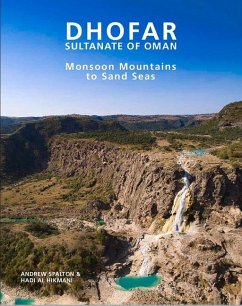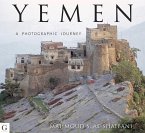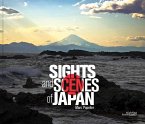The Sultanate of Oman's governorate of Dhofar stretches from Salalah in the south, across the verdant pastures and woodlands of the monsoon mountains to the vast dunes of the Empty Quarter in the north. As well as being a place for wildlife it is a land of fascinating landscapes and is also home to people who, at least since the late Stone Age, have shaped the land that shaped them. Some 2,000 years ago the region first became famous for its frankincense, transported as essential supplies to Roman temples. It was this that first gave Dhofar its mystical allure and was to attract explorers such as Ibn Battuta and Marco Polo. In more recent times it is best known for the phenomenon of the summer khareef or monsoon season that each year attracts hundreds of thousands of visitors seeking to escape the heat of the Arabian summer and to enjoy one of the most bio-diverse areas of the Arabian Peninsula. Most of Oman's mammal, bird, reptile and plant species are found in Dhofar, including the critically endangered Arabian leopard roaming the high mountains that tower almost 2,000 metres above sea level.








